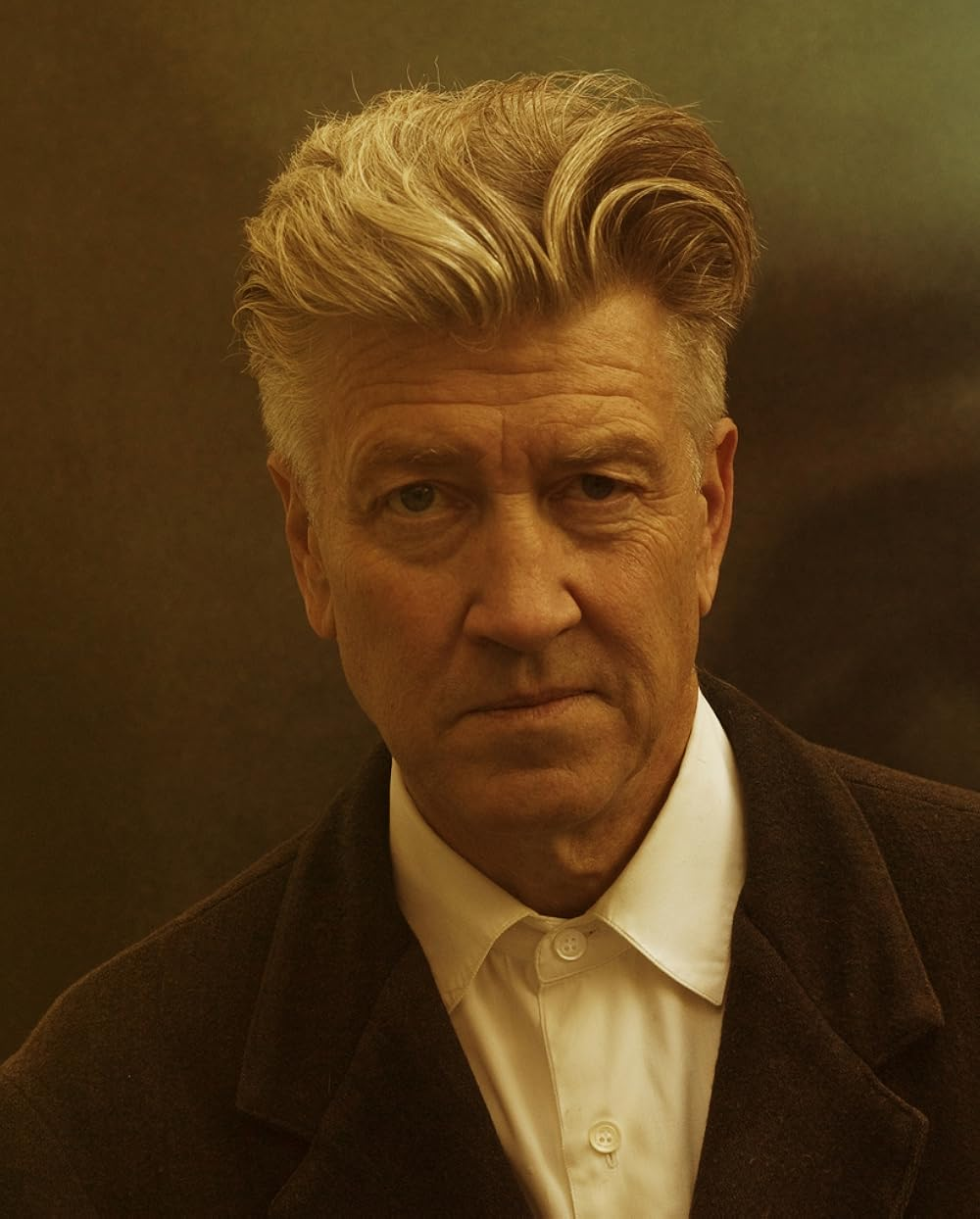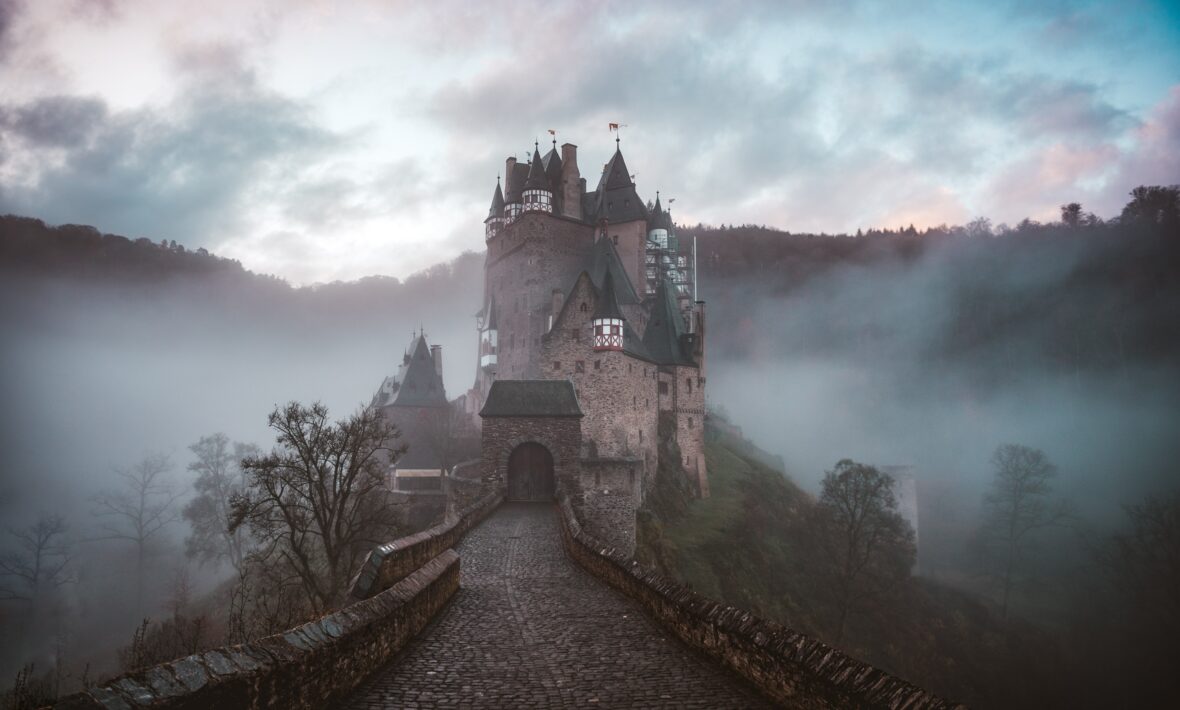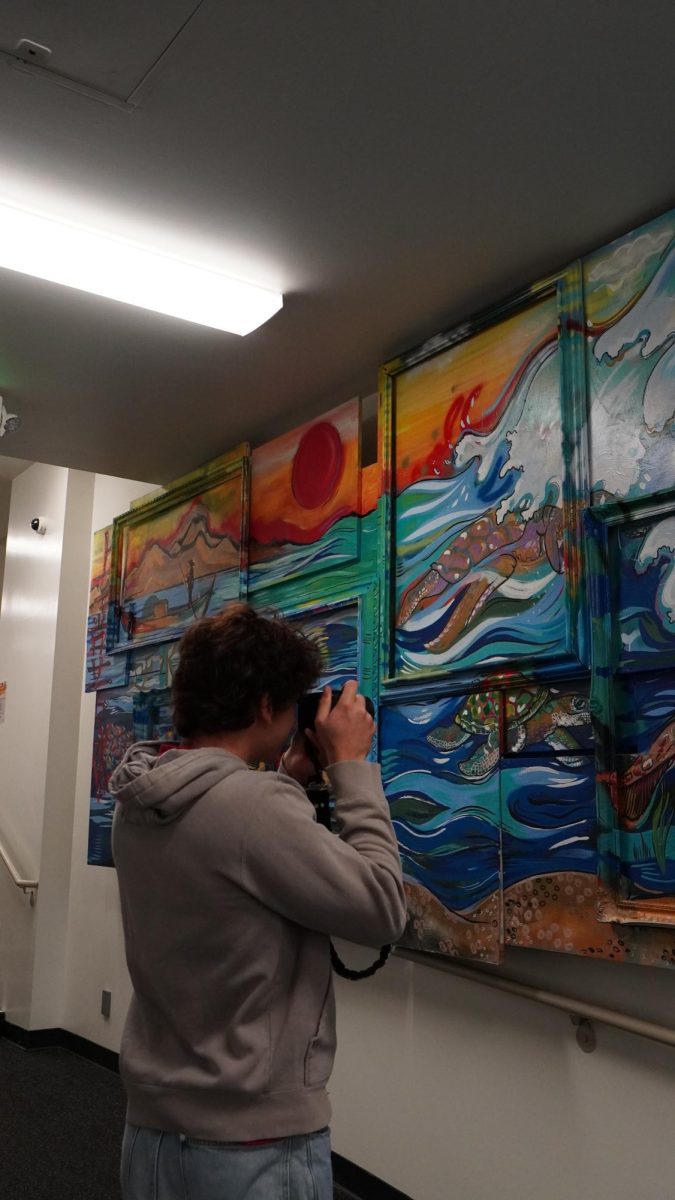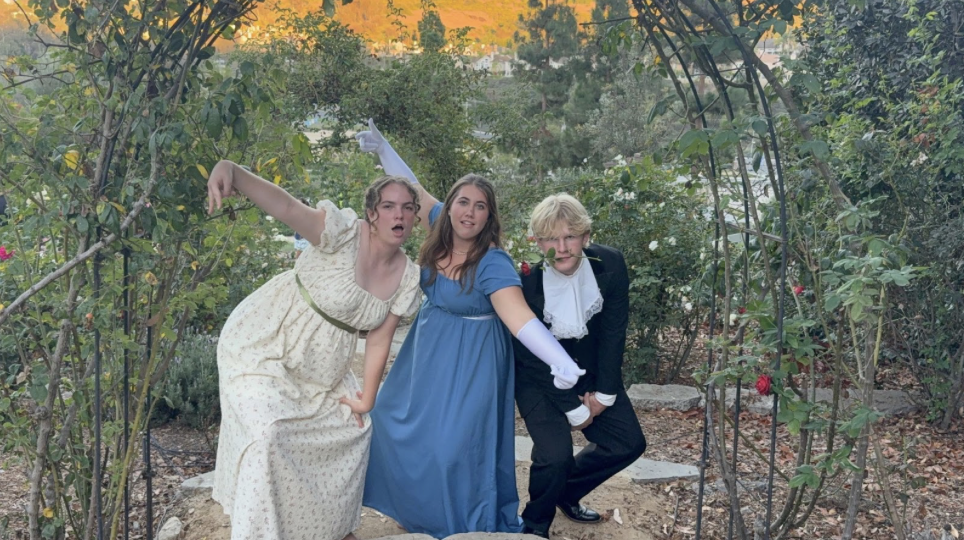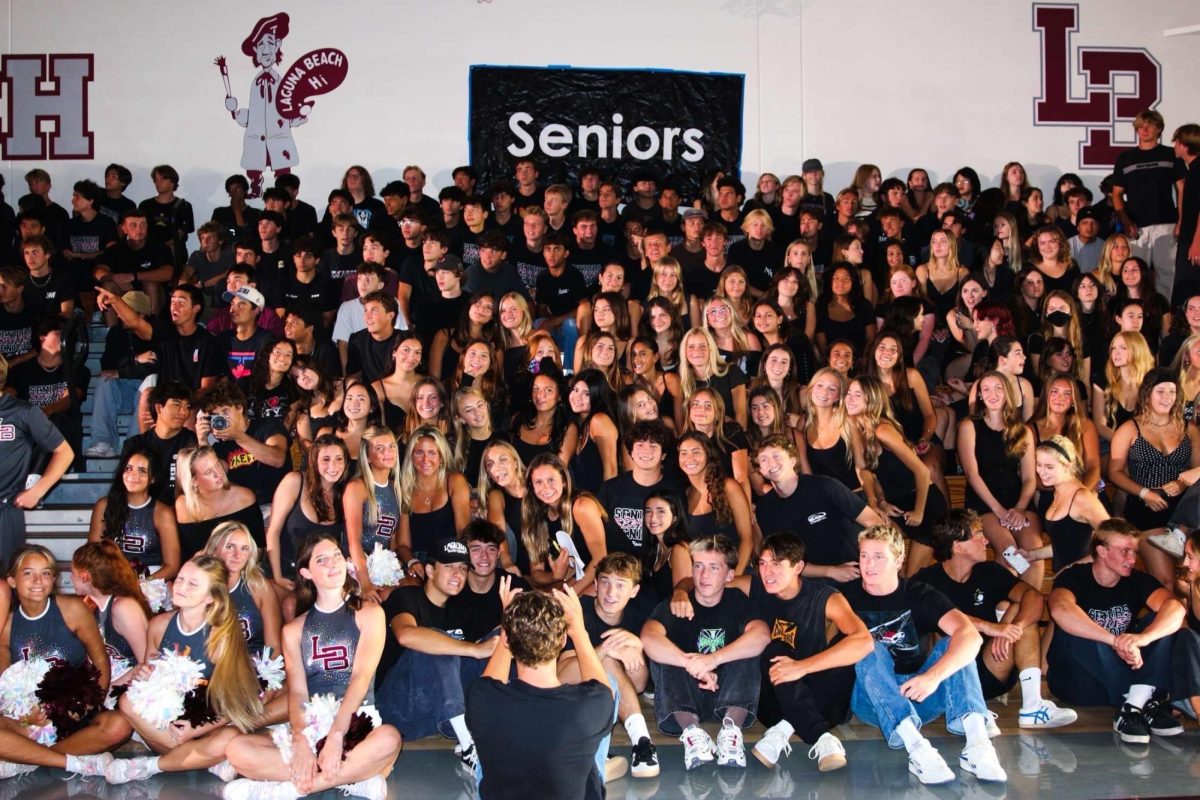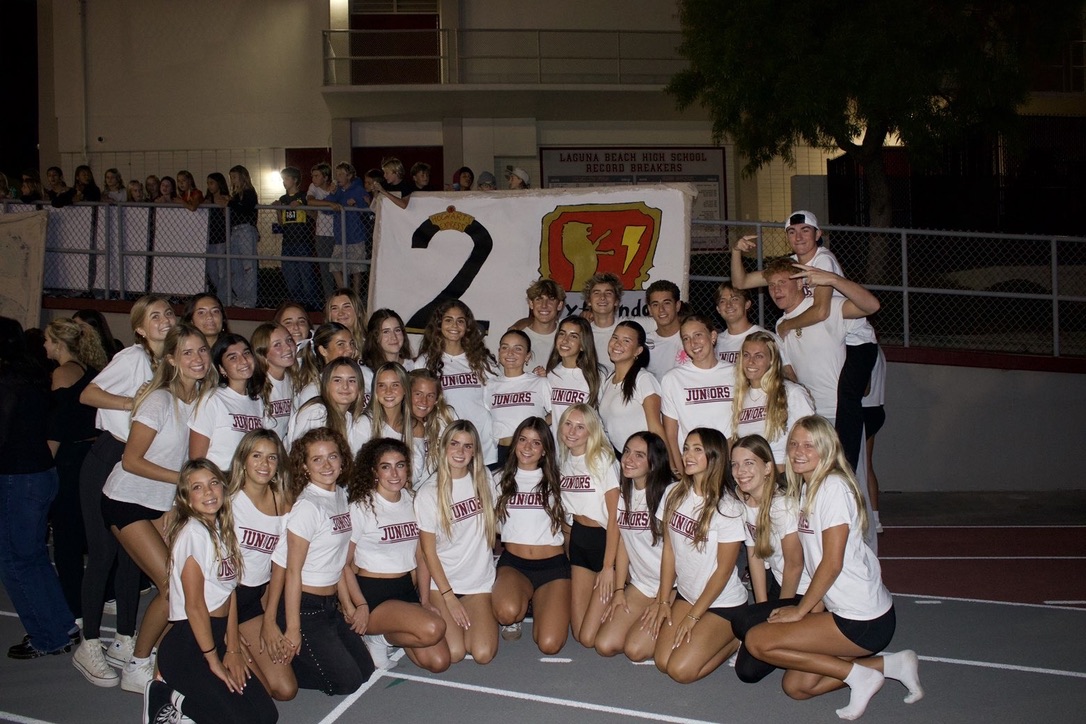On the morning of January 16th, I woke up to the news that my favorite filmmaker had passed away. David Lynch, one of the most influential artists of our time, had died. I’m not one to obsess over celebrities, but Lynch was one of those I so badly wanted to meet one day. He was the person who taught me to think about movies. When I think back to quarantine and online school, one of my biggest memories is skipping lunch to watch Twin Peaks between Zoom classes. It was an infatuation that I had never before had with a TV series, and one I haven’t been able to replicate since. By the time I had seen Blue Velvet and Mulholland Drive, I was hooked. I knew David Lynch’s style and artistry greatly affected me and that there was something in it that I could connect with.
It wasn’t just his work that I and others admired, it was his outlook on life and his positive, introspective attitude. His ‘weather reports’ became something that I looked forward to every day, and when they stopped in 2022, I was devastated. I loved watching his old interviews, too. He became a part of my daily life. Although he seemed to be a character to many, he was always entirely honest and always himself. Despite his films’ bleak nature, he seemed to be a kind man who cared deeply about those around him. He even taught and practiced the art of Transcendental Meditation, which promotes inner peace.
Something I always loved about his films was how they portrayed love. If there was one thing David Lynch admired more than I admired him, it was love, and how people show and experience it. He illustrated real, difficult-to-navigate, seemingly impossible ‘love stories’ beneath the surface of his narratives. Lynch’s female characters and love interests were never one-dimensional. His respect for the women he depicts in his films is poignant, and although they are sometimes arguably over-sexualized, they are never only sexualized. His films, which often depict evil and a world ablaze, plagued by the horrors that man can commit, often focus on true love in the midst of it. Wild at Heart, Blue Velvet, The Elephant Man, and even Eraserhead are inadvertently about love prevailing despite all.
In Blue Velvet, the protagonist becomes infatuated with the dark underbelly of a town he has only seen from its best sides. The film opens with a Norman Rockwell level of perfect Americana. Throughout the film, we see more and more suffering and violence until it ends with the protagonist in love in his white-picket yard, and the robins (love and light) have finally come. The audience begins to understand that perfection, love, and beauty are just as real as the raw hate and acts of violence that plague the town. Perfect isn’t as perfect as it seems, but perfect is real. Underneath the surrealism and darkness, David Lynch’s work contains a pure, earnest belief in beauty and love. They were not love stories, but love was in them, whole and beautiful; that is, “love was just outside [them], looking for a way to break in”– to paraphrase Jeanette Winterson.
I haven’t fully processed the fact that someone whom I so greatly admired yet never met has passed. The week of his passing, I had already started watching Lost Highway, one of his films I had never seen, with my equally Lynchian fanatic brother. I had even debated rewatching Twin Peaks the day before. In the weeks after his death, and now still, I have been heavily reflecting on the impact he has had on my life and those of so many others, and how grateful and lucky I was to experience his work in his lifetime. His works brought me closer to my own creativity, and as an aspiring writer and filmmaker, I feel I have learned so much from him. I just wish I could have thanked him in person.


